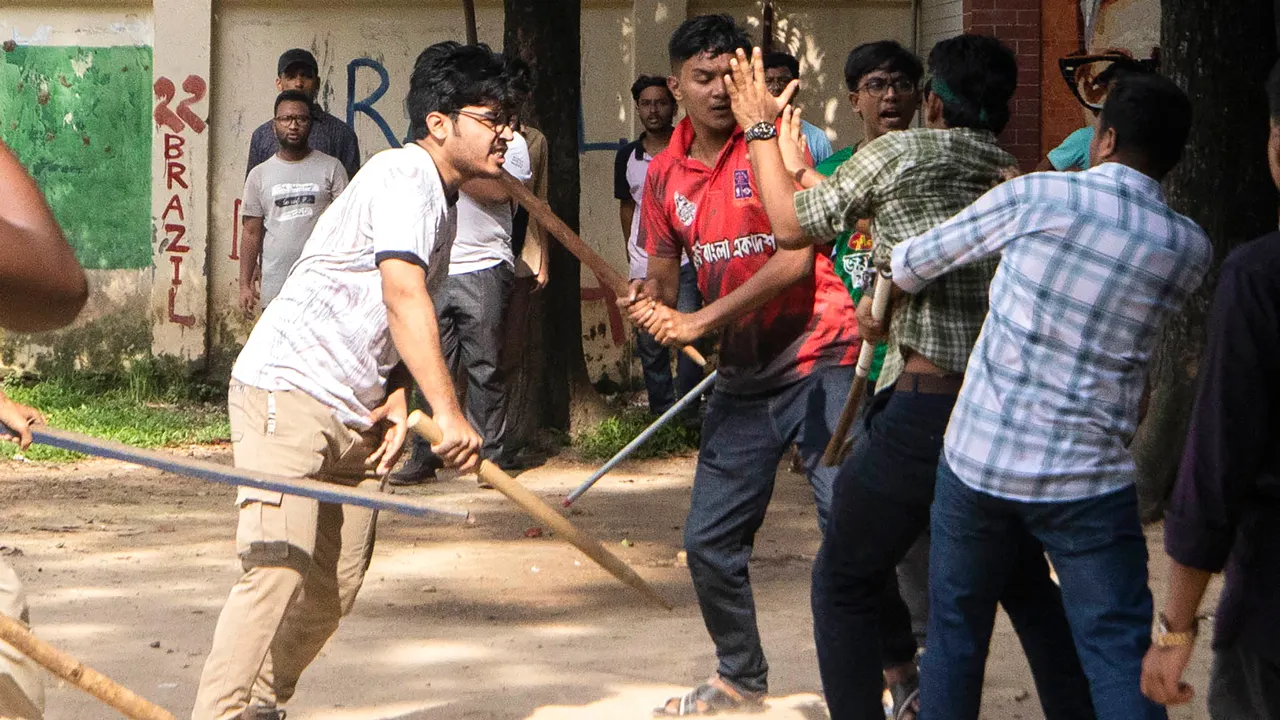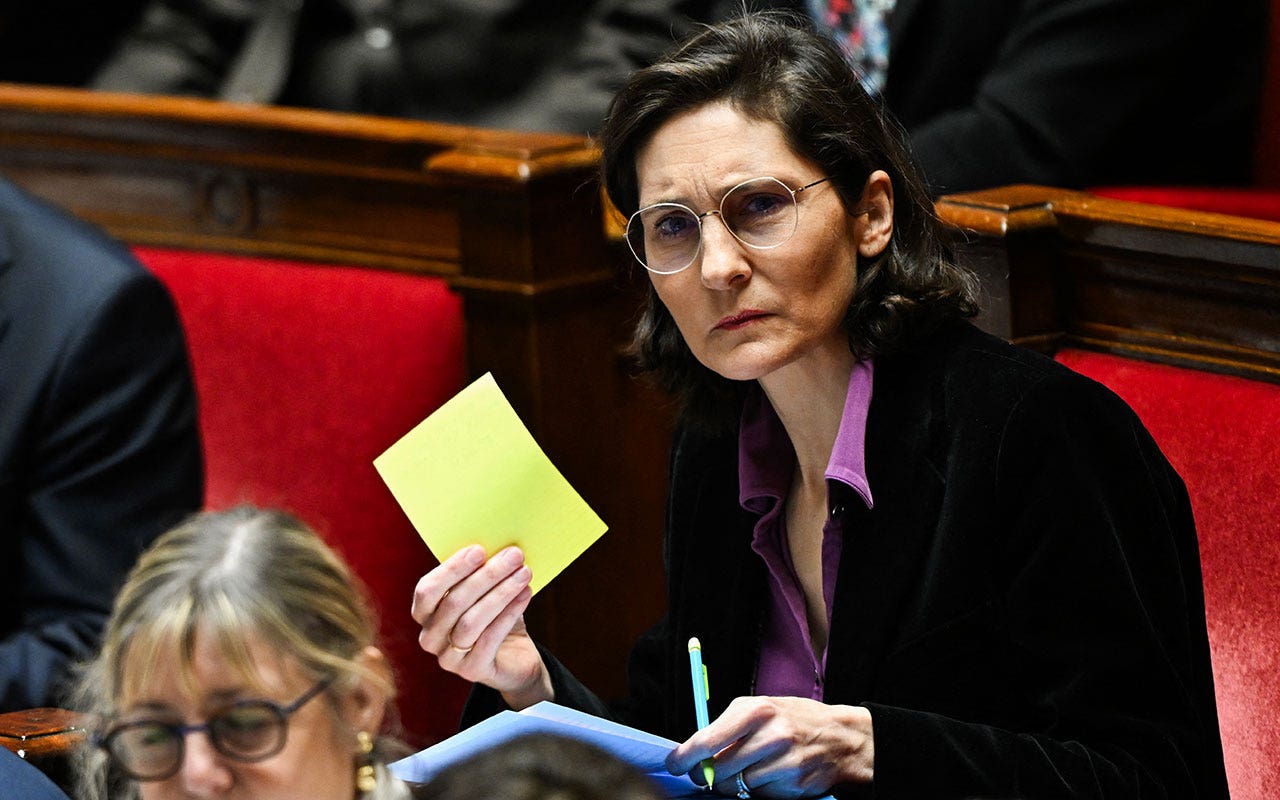A thin sliver of land sandwiched between Ukraine and Moldova asked Russia on Wednesday to provide it with protection, repeating in miniature the highly flammable scenario played out by regions of eastern Ukraine now occupied by Moscow.
The call for Russian protection by Transnistria, a self-declared but internationally unrecognized microstate on the eastern bank of the Dniester River, escalated tensions that date to the collapse of the Soviet Union. The territory, largely Russian-speaking, broke away from Moldova and, after a brief war in 1992, set up its own national government.
The appeal to Moscow was made at a special session of Transnistria’s Congress of Deputies, a Soviet-style assembly that rarely meets. At its last session, in 2006, the assembly asked to be annexed by Russia, though Moscow did not act on that request.
The latest appeal to Russia came a day before a state of the nation address in Moscow by President Vladimir V. Putin.
The Transnistria Congress appealed to the two houses of Russia’s Parliament to take unspecified measures “to protect Transnistria in the face of increasing pressure” from Moldova given that “more than 220,000 Russian citizens permanently reside in the region.”
Russian news reports quoted Vadim Krasnoselsky, the enclave’s professed president, as calling for help from Moscow because “a policy of genocide is being applied against Transnistria.” Similar incendiary and evidence-free claims were made for years by Russian proxies in eastern Ukraine and used by Moscow to help justify its 2022 invasion.
But Transnistria stopped far short of requesting annexation by Russia — something Moldova had feared it might do — and also called for help from the European Parliament, the Organization for Security and Cooperation in Europe and the Red Cross.
The first deputy chairman of the Russian Legislature’s Committee on International Affairs, Aleksei Chepa, told the Interfax news agency that Transnistria was asking for economic, not military assistance.
Russia’s foreign ministry spokeswoman, Maria Zakharova, accused Moldova and the West of needlessly stoking tensions with speculation about a possible Russian annexation. “NATO is literally trying to shape another Ukraine,” she said, adding that this “was contrary to the attitudes of a majority of the Moldovan population.”
Unlike the Ukrainian regions that Mr. Putin last year declared part of Russia, Transnistria lies hundreds of miles from Russia’s borders and is surrounded on all sides by Ukraine and Moldova, both hostile to Moscow.
Russia has a military base in the enclave manned by a supposed peacekeeping force of around 1,500 that has been stationed in the territory since 1992.
But the force, which used to receive deliveries of equipment and food through the Ukrainian port of Odesa, has had its supplies cut since the start of Russia’s full-scale invasion of Ukraine two years ago. Ukraine sealed its border with Transnistria, leaving Moldova, whose internationally recognized borders include the territory, as the only way in or out.
Tensions over Transnistria have bubbled on and off since the early 1990s, when it became one of a host of so-called frozen conflicts left by Moscow’s retreat from empire during the collapse of Soviet power. It is recognized as a state by only Abkhazia and South Ossetia, two other former regions of the Soviet Union that also declared statehood and have no international recognition.
Until recently, the risk of renewed conflict had seemed distant because of the extensive commercial and other exchanges between the enclave and Moldova.
Transnistria’s government, squeezed of supplies, has grown increasingly anxious in recent weeks about its future, accusing Moldova of “destroying” its economy and “violating human rights and freedoms in Transnistria.”
Its complaints echoed those made by the eastern Ukrainian regions of Donetsk and Luhansk, which, backed by Russian troops and intelligence officers, declared themselves separate states in 2014 and helped provide a pretext for Russia’s 2022 invasion.
Some analysts see Transnistria’s protection request as aimed primarily at destabilizing the pro-Western government in Moldova, which Moscow has for months worked to topple through proxies like Ilan Shor, an exiled Moldovan millionaire and convicted fraudster.
Mr. Shor, who fled to Israel to avoid a prison sentence for fraud and money laundering, has funded anti-government protests and a successful campaign for governor last year by a pro-Russian politician in the south of Moldova. He and his supporters demand that Moldova, one of Europe’s poorest nations, abandon its ambitions of joining the European Union, which offered it “candidate status” in 2022, and instead join a Russian-led economic bloc.
Anton Troianovski contributed reporting.






